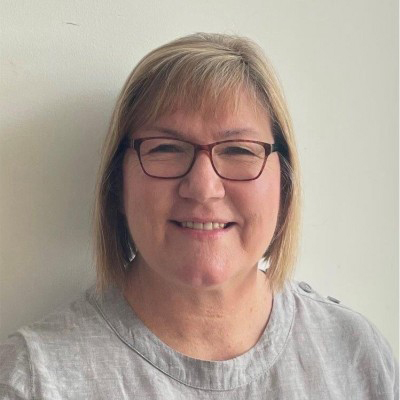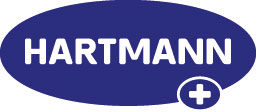Jackie Dark

Jackie is an experienced and extremely passionate ‘Lead Clinical Nurse Specialist in Tissue Viability’ managing and leading a community service in Swindon providing specialist support, management and education for all Community Services, Primary Care and Care homes within the region.
Jackie has worked within the field of Tissue Viability and Dermatology at a senior / expert level for 30 years across acute and community settings with a drive to improve health care outcomes for patients and education for clinicians. Personal experience of living with Atopic Dermatitis fuels her energy in promoting and recognising the importance of skin health.
Her career experience in health also includes two periods of working within the wound care industry in a specialist/educative role. The first industry role was groundbreaking – this was a seminal post where Jackie forged the role of a clinical specialist working within industry, offering clinical support to both customers and colleagues. Now these roles are standard for many industry partners.
Jackie is an active executive board member of the Leg Ulcer Forum (National Charity) and an affiliated member of the Legs Matter coalition raising awareness of the hidden harm crisis and variation in Lower Limb care and contributing to strategy and educational development in order for change.
Jackie is passionate about lifelong learning and education and continually strives to improve her knowledge skills and experience to support her immediate team, the wider healthcare teams, commissioners, patients and carers and of course the wider public through her work with the Leg Ulcer Forum and Legs Matter coalition.
Jackie believes as nurses, we are in an exclusive position to act as change agents, encompassing all relevant stakeholders including the public, to make meaningful steps in achieving permanent improvements in health and service delivery.
Free Paper and Poster Presentation (QI/Service Development) at The Society of Tissue Viability 2025 Conference
Implementation of an OSCE style competency framework to improve clinician confidence and competency in lower limb management
Abstract
Lower limb management makes up 30% of local community caseload. Guidance from the National Wound care strategy programme has been available in England for several years. One of the local barriers in achieving results is clinicians gaining and maintaining confidence and competence in lower limb assessment. This includes ankle brachial pressure index (ABPI) and effective application of compression bandaging.
In 2021/2022 the local lower limb program was updated. The lower limb training consisted of two full days delivering: Anatomy and physiology theory, Lower limb assessment and history taking, Compression principles and practice bandaging peers. Whilst this provided a good foundation, delegates struggled to achieve competency due to the challenges of community nursing capacity reducing practice opportunities.
To address these barriers a third day was added to the training approximately 6 weeks later, focusing on increasing confidence and achieving competency. Previous Tissue Viability patients and volunteers acted as ‘mock’ patients, enabling delegates to practice several times on ‘different’ limb shapes in an ‘OSCE’ environment. Once confident they moved to a competency sign off with Tissue Viability Nurses (TVN) using a competency framework.
The same principle was incorporated into Doppler Training: This included one day of doppler theory, practicalities of assessment and practice on peers. A second day was added after a 6-week period. Hospital beds were brought into a community centre with clinic spaces simulated to enable several practices. ‘Mock’ patients were used again enabling rotational practice with case studies, until confident.
A follow up competency program ‘in practice’ was also initiated, delegates were required to complete a six-patient portfolio in six weeks post training with sign off from TVN.
These changes have increased the number who achieved competency in compression bandaging in 2021from 33% to 82% in 2024.
For doppler competency it was a similar result. In 2021 only 33% of delegates who attended training achieved competency, this has risen to 78% in 2024.
A structured framework for lower limb education has increased confidence supporting high numbers of delegates to achieve competency enabling a greater ‘skill mix’ within community services to deliver gold standard care.














